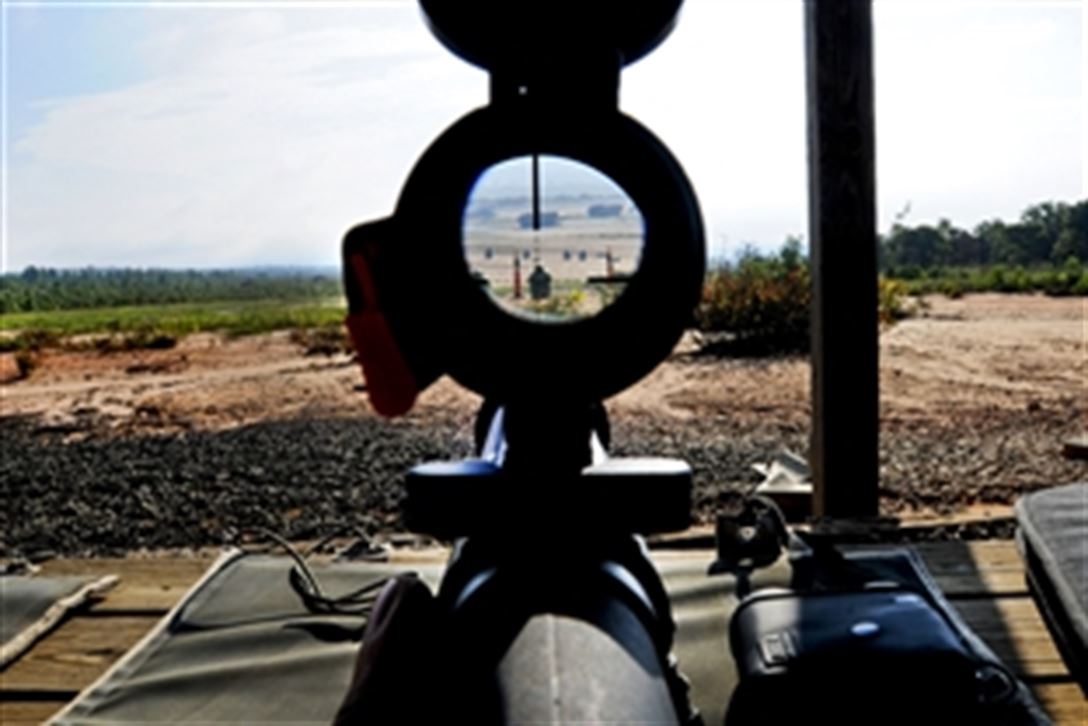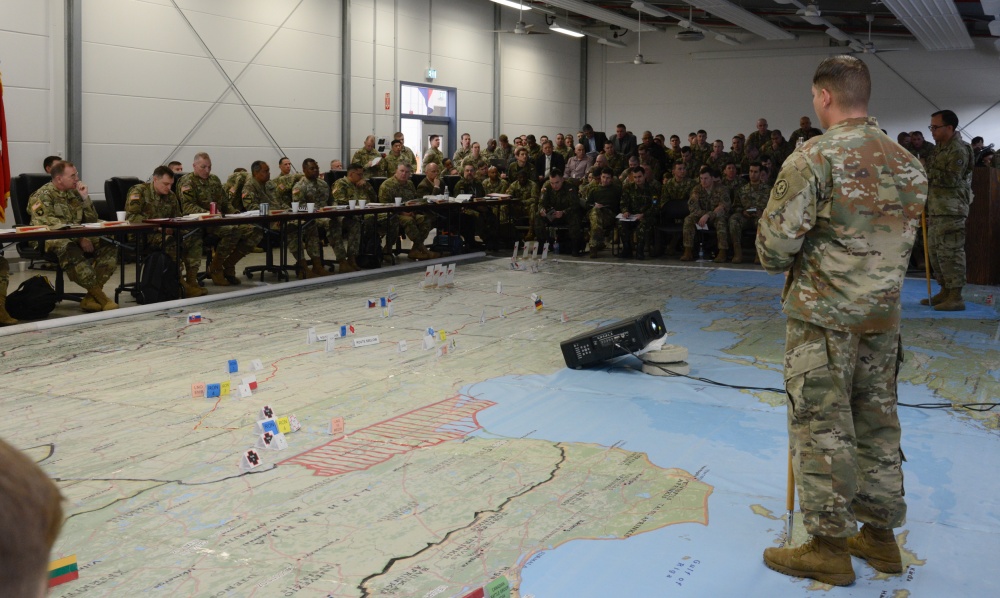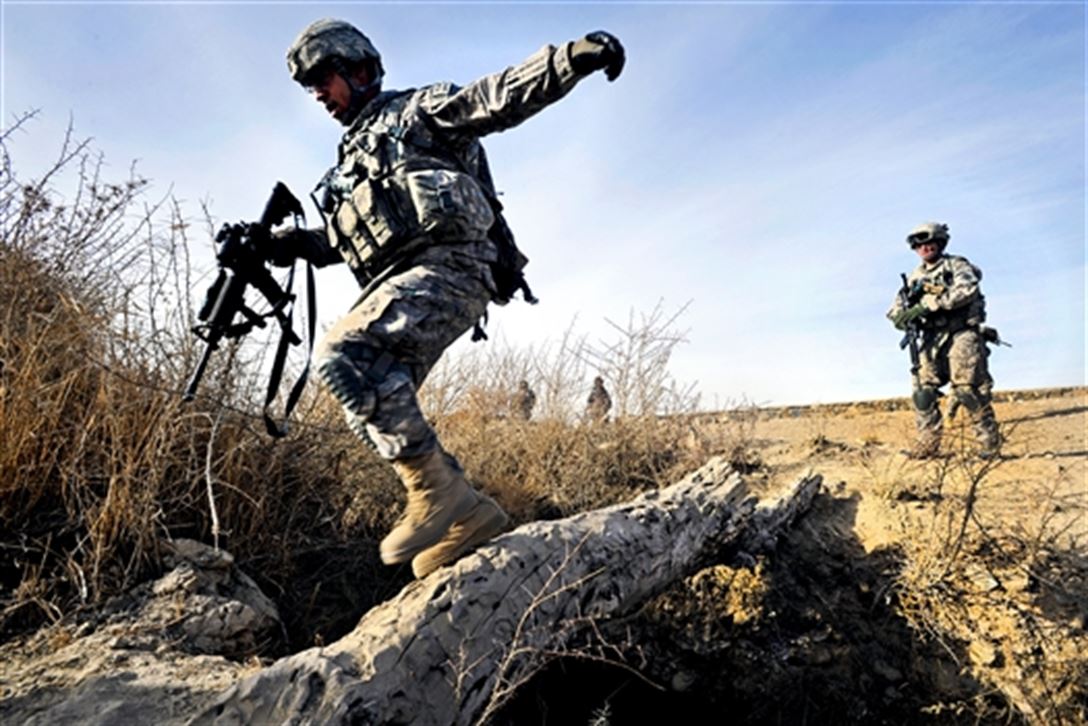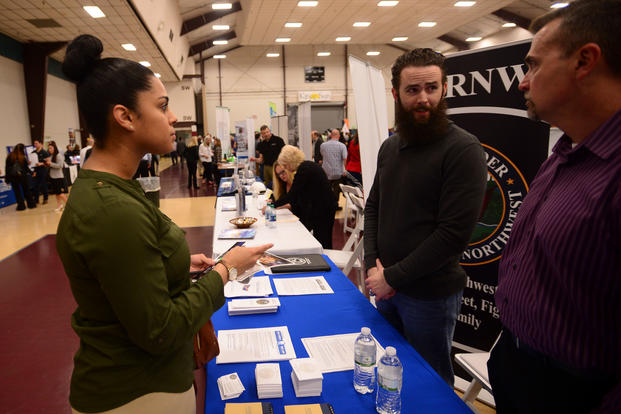
This may come as no surprise, but how we see the world can be helpful or harmful to mental health and wellness. This isn’t just about positivity or optimism; studies show that our outlook on the world and other people can protect us from the impact of negative life events. In my experience, this is especially true for military service members and veterans. A positive, even if unrealistic, world view can protect us from the impact of negative experiences. Similarly, a negative world view can make a bad situation worse.
Unless we look closely about how we see the world, we’re not often aware about our assumptions. Awareness can then lead to understanding, and deliberate change if the way we see the world is getting in our way.
Assumptions About the World Impact Reaction to Stress
Sometimes, a service member will go into a situation with negative assumptions about the world. We go into the military carrying whatever experience we have with us, good or bad. Adverse childhood experiences…abuse in multiple forms, exposure to domestic violence, substance abuse in the household, disrupted families, family member incarceration…has been shown to increase the risk of trauma-exposed service members to traumatic stress reaction after the military. These adverse experiences give us an explanation about the world. Other people can’t be trusted. We have no control over our own environment. Bad stuff happens randomly and without observable cause. If we come into a situation with negative assumptions about the world, then we are at greater risk to react negatively to stressful events.
At other times, a traumatic or stressful event will cause a service member to develop negative assumptions about the world. If we have certain positive assumptions about the world, these assumptions may be shaken or even shattered when we experience stress or exposure to traumatic situations. In a study looking at the impact of world assumptions and mental health and wellness, the results indicate that the way we see the world can be challenged in the face of trauma induced by other people. In other words, we think the best of people…until we’re proven wrong in the worst way.
Attributing Survival to Luck rather than Skill
The military is an inherently dangerous occupation, whether a service member experiences combat or not. Any number of things could go wrong on a daily basis. Multi-ton vehicles, live ammunition, deliberately stressful situations, dangerous activity; all of these things have the potential to go horribly wrong. One difference that I’ve noticed about veterans that I work with is that some attribute their survival of dangerous situations to skill, and others attribute their survival to luck. When it comes to skill, either that of the service members of others, it implies a measure of control over a dangerous situation. “We made it out of there because we knew what to do” depicts a measure of confidence in our own abilities or that of our team.
Contrast that to someone who says, “I shouldn’t have made it out of there alive. I had something looking out for me.” Survival is random. Out of our control. We made it out because of luck, or fate. Many veterans have “the day I nearly died” stories; not just survival of a direct attack or improvised explosive device. “Almost died” could mean that we got somewhere ten minutes earlier, or ten minutes later. Once, the vehicle I was in nearly fell off of a six-story cliff; disaster was averted because of a one-foot brick wall that caught our axle before going over. Had the wall not been there, I wouldn’t be here. And believing in luck isn’t always a bad thing; but when we explain survival only to luck, then it goes back to the unpredictability and lack of control of the adverse childhood experiences.
Shifting Point of View from Negative to Positive
This is where it gets difficult, but it’s also easy. Many times, we’re not aware of our negative our assumptions about the world. When that awareness is developed, we can then decide to do something to change it. Sometimes, it’s as easy as changing what we think to ourselves. “I shouldn’t have made it out” can be changed to “obviously I should have made it out, because I did.” It’s recognizing the negative way we’re seeing the world and finding evidence to the contrary. Finding good things in the world to counteract our belief that the world is not benevolent. Finding evidence of people held accountable for their actions in order to restore a sense of justice.
I hear you already, of course. “Easy for you to say, big guy. You don’t see how much the world sucks.” I can tell you that it’s not easy for me to say; my basic outlook is pessimistic, and I have worked hard over the years to develop optimism. And I can also tell you that, just as you say that I don’t see how much the world sucks, you don’t see how great the world is. We each have our blinders on in a certain way, and can certainly change how we see the world. I know, because I’ve done it. I’ve seen others do it.
After we become aware of how our negative viewpoint is impacting us, it’s up to us to change. If we want to.
Want to keep up with all of the Head Space and Timing content? Subscribe Here

The Head Space and Timing Blog is supported by the Colorado Veterans Health and Wellness Agency, a 501(c)3 Nonprofit in Colorado Springs, Colorado. The goal of the CVHWA is to provide military culturally competent mental health counseling to veterans and their spouses, regardless of characterization of discharge, time of service, or era of service. Our vision is to assist veterans to identify and remove barriers to their mental, physical, emotional, and behavioral wellness. For questions or inquiries, contact us!


